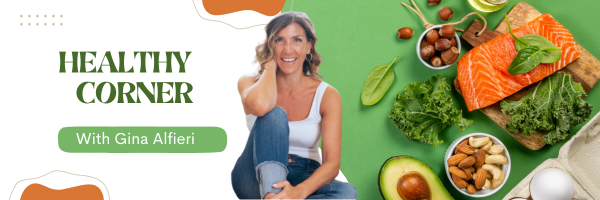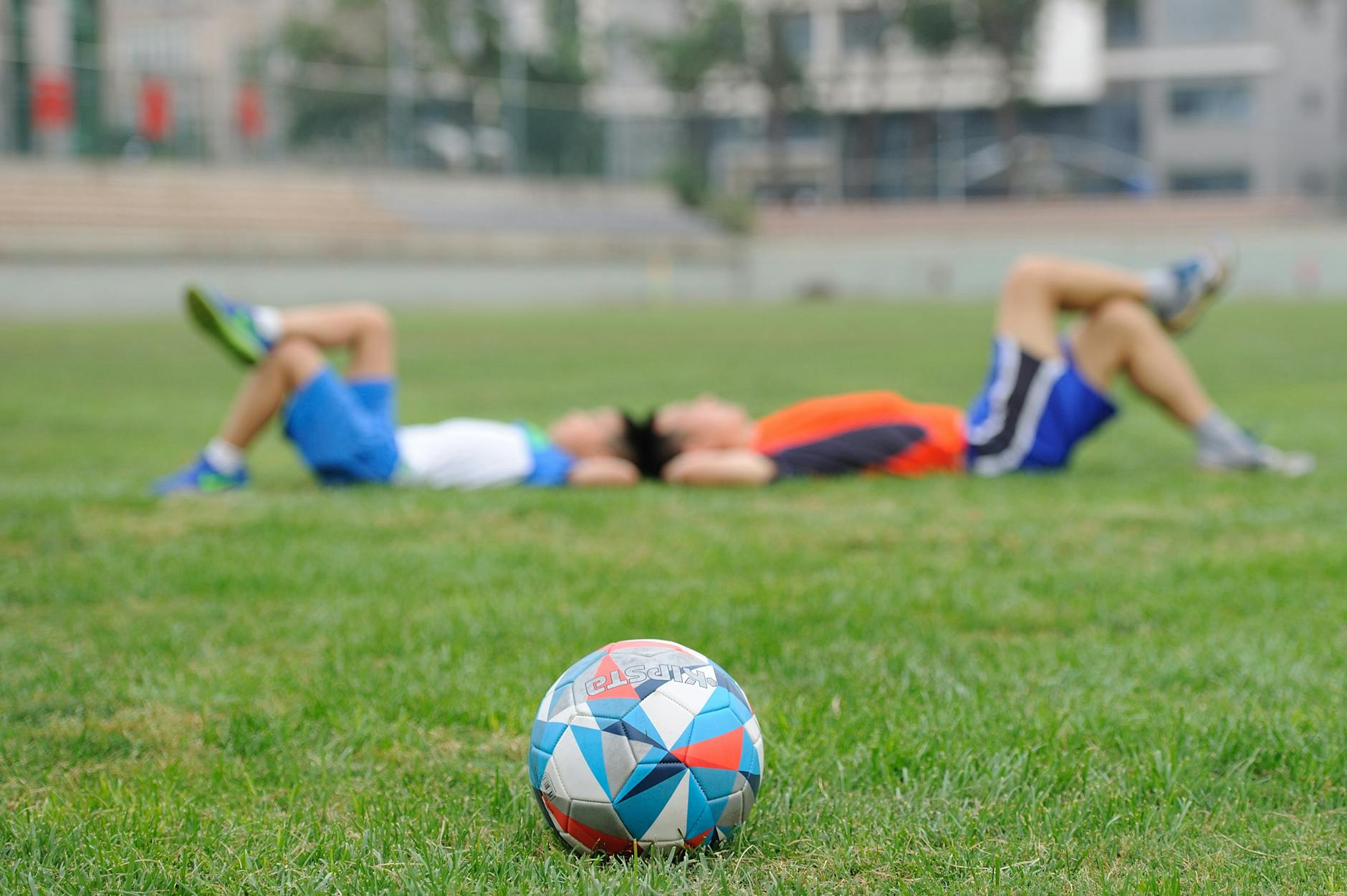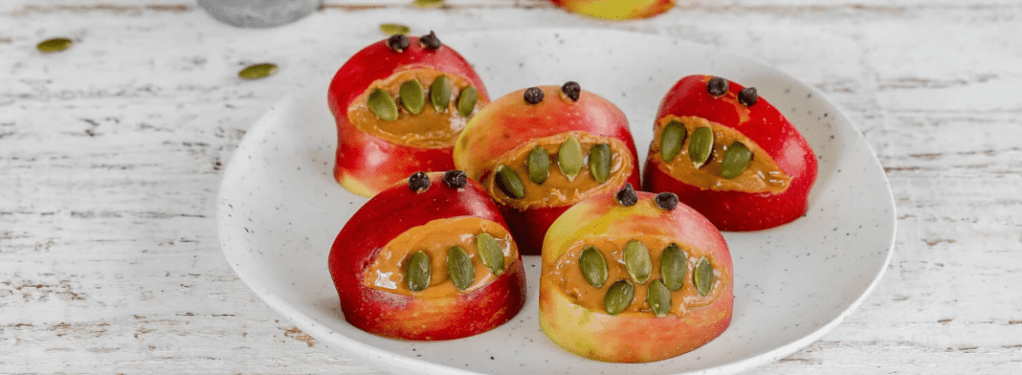
Supporting Your Soccer Player’s Health Naturally
As we move into October and the fall soccer season is in full swing, it’s a great time to focus on how we can support the health and performance of our young athletes. As parents, you know how important it is for your child to stay fit, strong, and injury-free while juggling school, sports, and other activities. But did you know that nutrition, recovery, and stress management play crucial roles in your child’s performance on and off the field?
As a nutritionist, I want to share some simple yet effective strategies to help your soccer player maintain peak health throughout the season. Whether you’re navigating mid-season soreness or prepping for the colder months ahead, these tips will help ensure your athlete is ready to give their best.
1. Fuel with Whole Foods
Soccer players need sustained energy to perform well during practices and games. Encourage your child to eat a balanced diet rich in whole, nutrient-dense foods. Focus on:
- Carbohydrates: Whole grains, fruits, and vegetables provide the energy needed for long practices.
- Protein: Lean meats, eggs, beans, and plant-based sources help repair muscle and promote growth.
- Fats: Healthy fats from sources like avocados, nuts, seeds, and olive oil support brain function and help with recovery.
Try creating pre-game meals that combine all three, such as a chicken and avocado wrap on a whole-grain tortilla or a smoothie packed with fruits, spinach, and a spoonful of nut butter.
2. Hydration: More Than Just Water
Staying hydrated is vital for performance and recovery. While water is the cornerstone, your athlete may need extra support for electrolyte balance, especially if they sweat a lot. Consider:
- Coconut water: A natural source of electrolytes like potassium.
- Homemade sports drinks: Mix water with a pinch of sea salt, lemon juice, and a bit of honey for a natural energy boost.
3. The Power of Recovery
Soccer involves quick sprints, hard stops, and physical contact, all of which can lead to muscle soreness or even injury. Ensuring your child gets enough rest is just as important as training. Sleep is when the body does its deepest healing, so aim for 8-10 hours of sleep a night for your athlete. Additionally, incorporating stretching or a short cool-down routine post-game can help prevent injury by improving flexibility and reducing tension.
For added support, foods with anti-inflammatory properties like berries, leafy greens, and omega-3-rich fish (such as salmon, walnuts, flax, chia) can help their muscles recover faster and reduce soreness.

4. Stress Management and Mental Focus
Being a student-athlete comes with its own set of challenges. Managing schoolwork alongside sports can lead to stress, which negatively impacts both performance and health. Encourage your child to practice simple mindfulness techniques such as deep breathing or meditation to help them stay calm and focused before a game. Even five minutes a day can help reduce anxiety and improve concentration.
You can also support their stress levels through nutrition by including magnesium-rich foods (like bananas, spinach, and almonds) in their diet. Magnesium helps relax muscles and calm the nervous system, promoting better sleep and reducing stress.
5. Supplements: When Whole Foods Aren’t Enough
While a nutrient-dense diet should always be the foundation of health, there are times when supplementation may help. For athletes in particular, supplementing with:
- Vitamin D: Especially as the days grow shorter, your child may need a boost to support their immune system and bone health.
- Low dose Probiotics: A healthy gut means a stronger immune system, better digestion, and even improved mood—key factors for both school and sports performance.
- Omega-3 fatty acids: These support brain function, focus, and reduce inflammation, aiding in recovery from intense physical activity.
- Magnesium Bisglycinate: My favorite form of magnesium to help promote relaxation and muscle recovery. Take about 30 minutes before bed to promote deeper sleep, rest & repair.
Before adding any supplements, it’s always a good idea to consult with a nutritionist or healthcare provider to ensure they are safe and necessary for your child.
6. Encourage a Positive Relationship with Food – Food is fuel
Finally, help your child view food as fuel and recovery, not just a routine task. Teaching them to recognize how their meals can enhance their performance and recovery builds lifelong healthy habits and fosters a positive relationship with eating. Share the excitement of trying new healthy recipes together and talk to them about how certain foods can help their game.
Check out these Spooktacular healthy & fun Halloween snacks for your athlete!
By focusing on these natural and holistic approaches, you’re helping your soccer player maintain their health and giving them the foundation they need to perform their best. October brings cooler weather and new challenges, but with the right nutrition, recovery, and support, your athlete will continue to thrive throughout the season!
Wishing you and your soccer star a healthy and successful fall season!
If you have any questions or comments, please feel free to contact Gina at gina@zeteoholistichealth.com or on IG @gina.galla.alfieri


